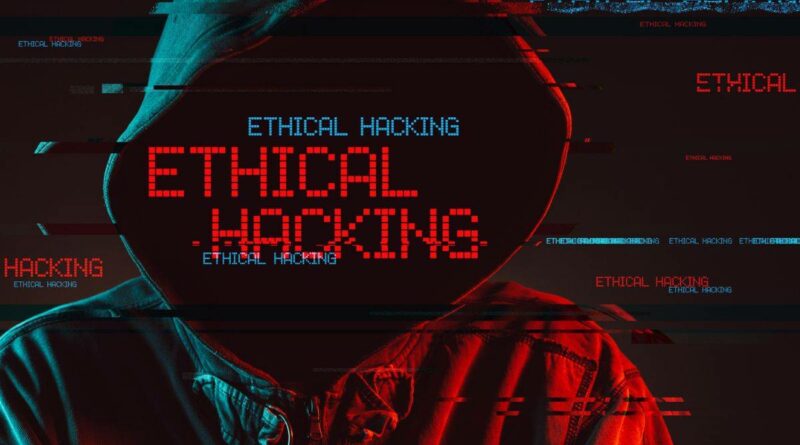The Legal Boundaries of Ethical Hacking: What You Need to Know
Ethical hacking, also known as penetration testing or white-hat hacking, involves testing computer systems, networks, and applications to identify security vulnerabilities. Unlike malicious hacking, ethical hacking is conducted legally and with permission from system owners. However, there are strict legal boundaries that ethical hackers must follow to avoid legal repercussions. Understanding these laws and regulations is essential to conducting ethical hacking responsibly.
Understanding Ethical Hacking
Ethical hackers use the same techniques as cybercriminals but in a lawful manner to strengthen security systems. Organizations hire ethical hackers to assess their security posture, identify weaknesses, and recommend solutions to protect against cyber threats. However, without proper authorization and compliance with cybersecurity laws, hacking activities—even if well-intentioned—can lead to legal consequences.
Key Legal Considerations for Ethical Hackers
1. Authorization and Consent
One of the most critical legal requirements of ethical hacking is obtaining explicit permission. Ethical hackers must have written authorization from the system owner before conducting security tests. Unauthorized access, even if done with good intentions, can be considered illegal under various cybersecurity laws.
2. The Computer Fraud and Abuse Act (CFAA) (USA)
In the United States, the Computer Fraud and Abuse Act (CFAA) governs computer-related crimes. This law criminalizes unauthorized access to computer systems, making it essential for ethical hackers to operate strictly within authorized boundaries. Violations can result in criminal charges, heavy fines, and imprisonment.
3. The General Data Protection Regulation (GDPR) (Europe)
In the European Union, ethical hackers must comply with the General Data Protection Regulation (GDPR), which governs data protection and privacy. If a penetration test involves handling personal data, hackers must ensure compliance with GDPR guidelines to avoid legal penalties.
4. Other Cybersecurity Laws Worldwide
Different countries have unique cybersecurity laws, such as:
- United Kingdom: The Computer Misuse Act (CMA) criminalizes unauthorized access and cyber offenses.
- India: The Information Technology Act (IT Act) regulates cybersecurity practices.
- Australia: The Cybercrime Act sets rules for ethical hacking activities.
Ethical hackers must be familiar with the legal framework in their respective countries to ensure compliance.
Note: If you want to learn Cyber Security in Kochi. Then you can choose Skillmerge to learn Cyber Security course in Kochi. For any queries visit the official site
Ethical and Professional Responsibilities
Legal compliance is only one aspect of ethical hacking. Ethical hackers must adhere to strict ethical principles, including:
- Integrity: Conducting tests honestly and transparently.
- Confidentiality: Protecting sensitive information and respecting privacy laws.
- Professionalism: Following industry standards and best practices in cybersecurity.
Consequences of Violating Ethical Hacking Laws
Engaging in unauthorized hacking, even for ethical purposes, can lead to severe legal consequences, including:
- Criminal prosecution and imprisonment.
- Financial penalties and fines.
- Loss of professional credibility and career opportunities.
- Civil lawsuits from affected organizations or individuals.
To avoid these risks, ethical hackers must always obtain proper authorization and work within legal boundaries.
Becoming a Certified Ethical Hacker (CEH)
To practice ethical hacking legally, professionals can obtain industry-recognized certifications such as:
- Certified Ethical Hacker (CEH)
- Offensive Security Certified Professional (OSCP)
- GIAC Penetration Tester (GPEN)
These certifications provide credibility and help ethical hackers stay updated on legal and technical requirements.
Conclusion
Ethical hacking plays a crucial role in strengthening cybersecurity, but it must be conducted within legal boundaries. Understanding authorization requirements, compl




